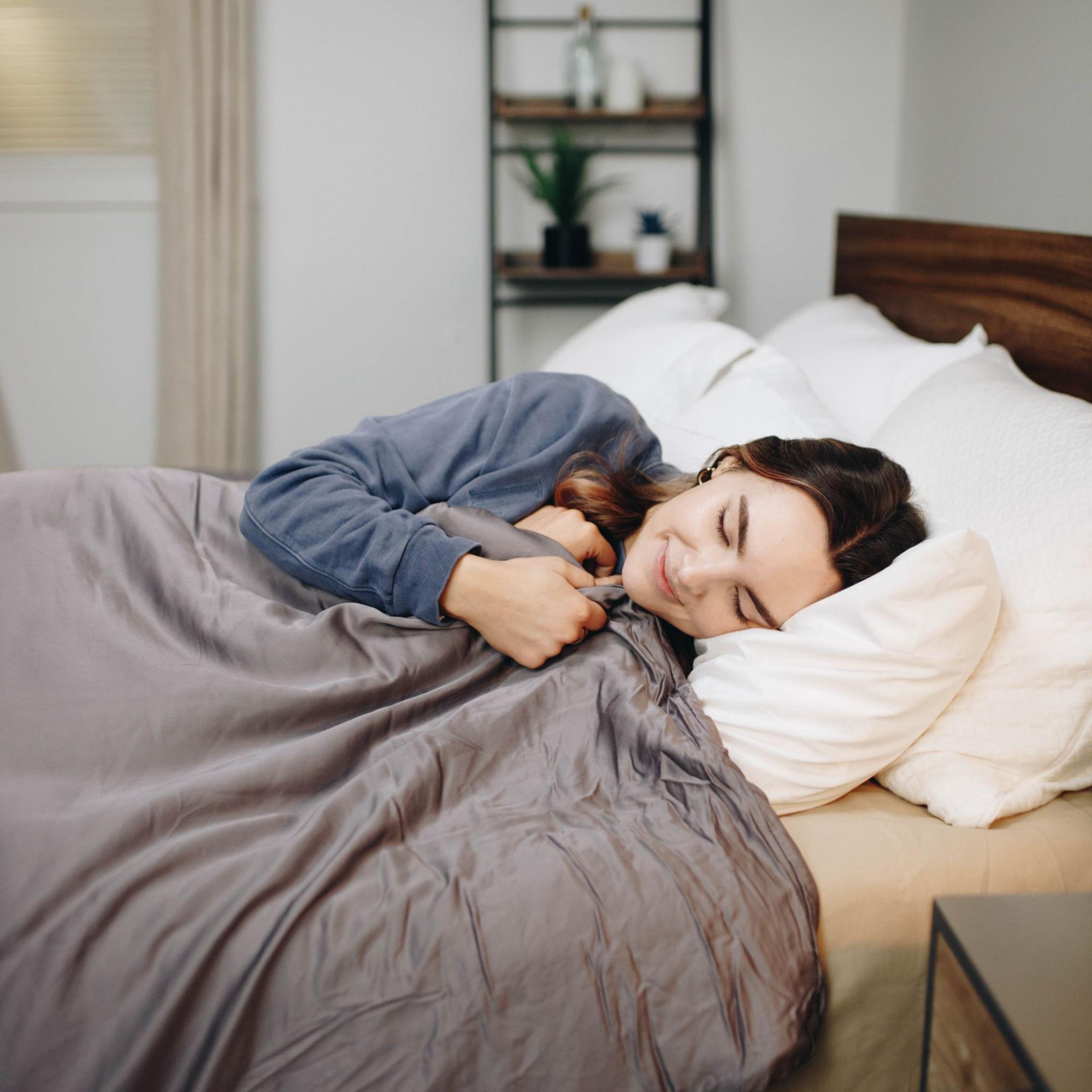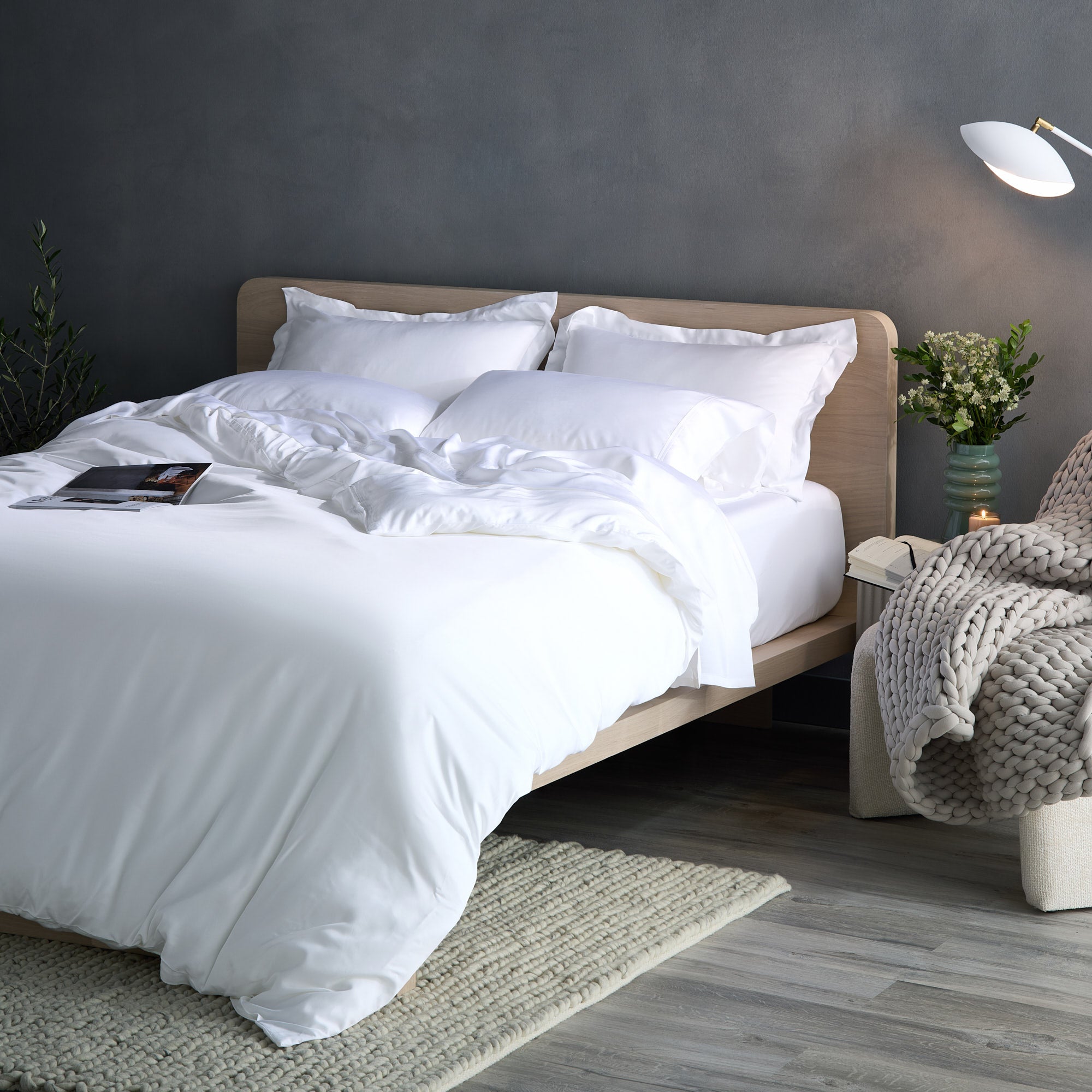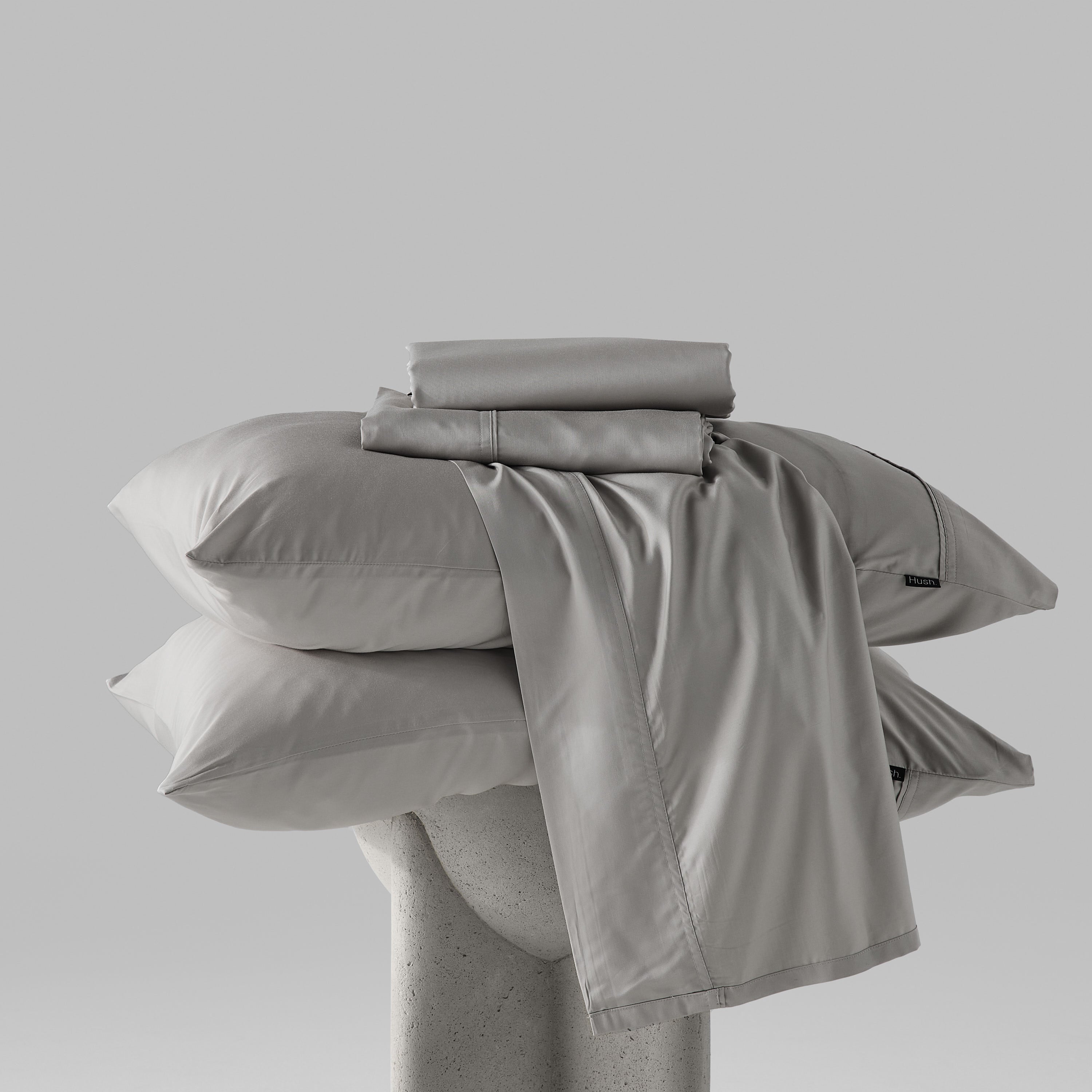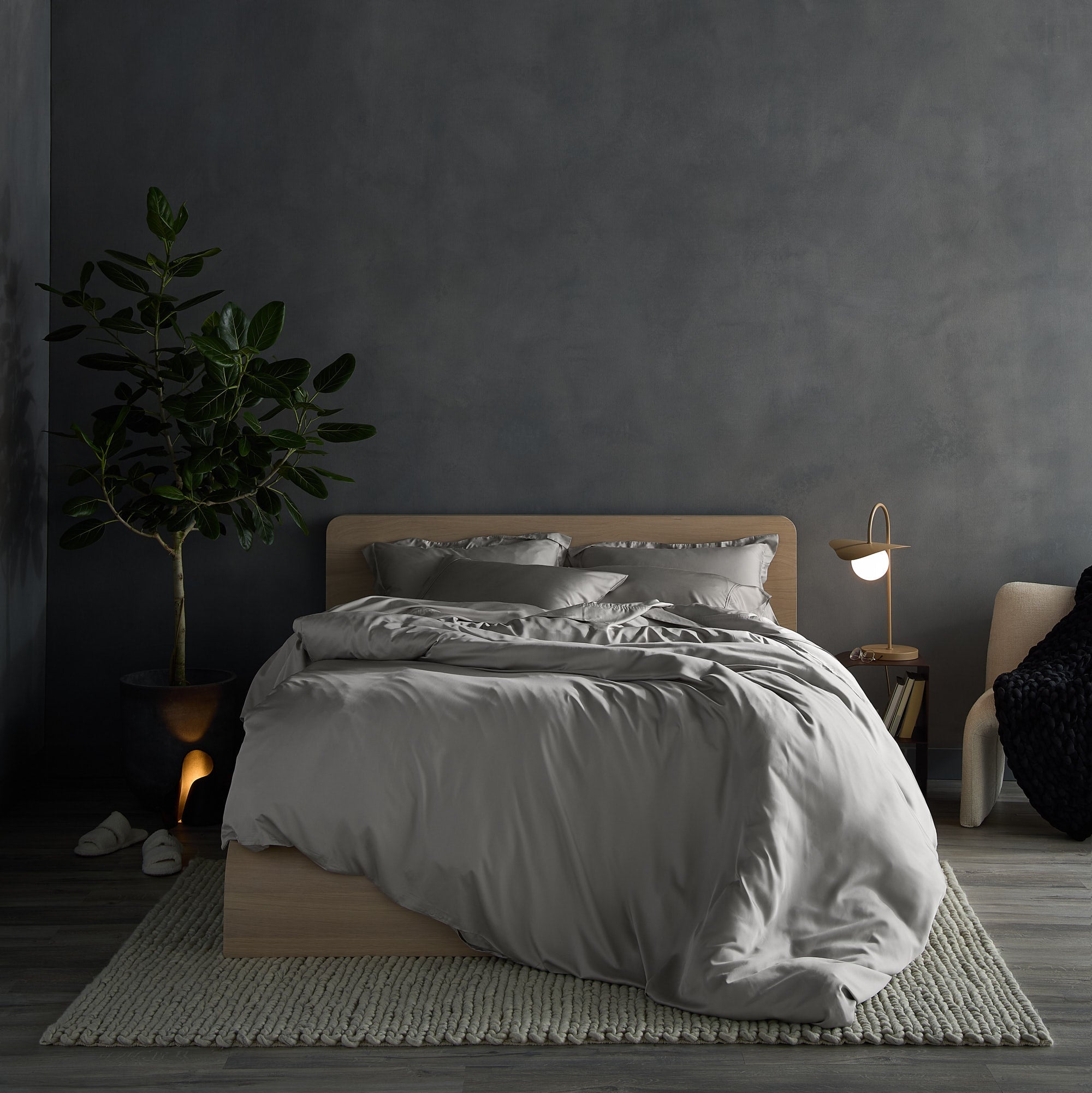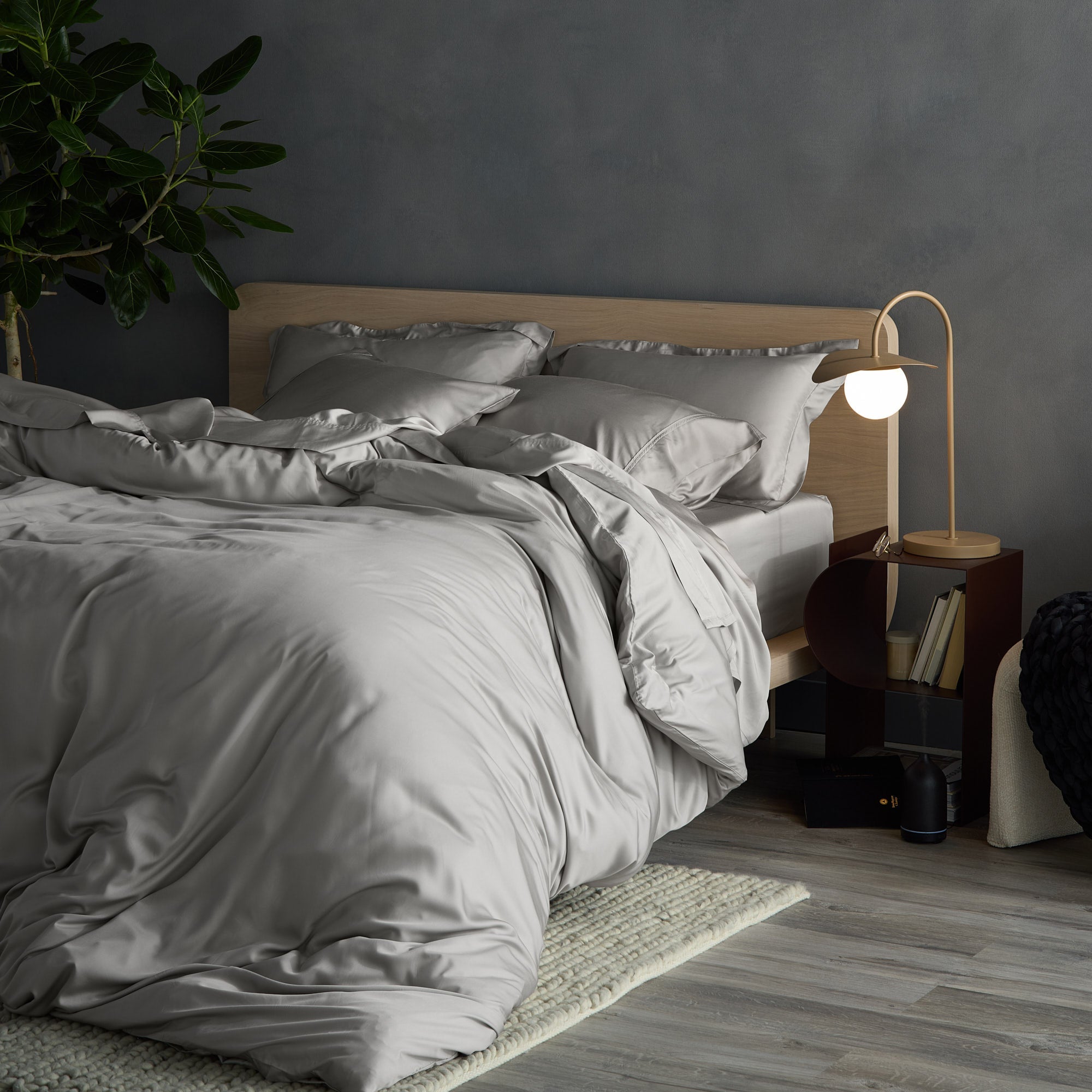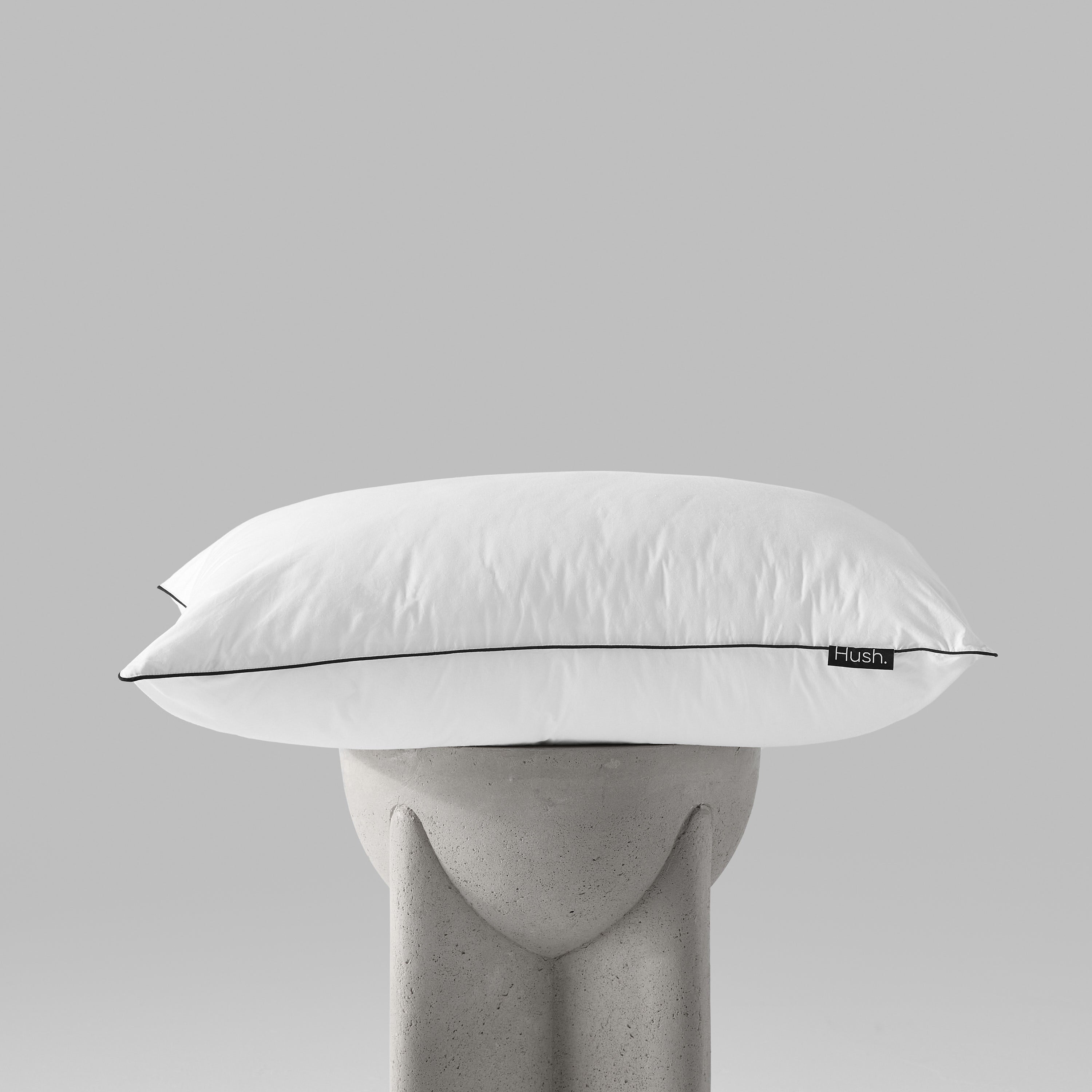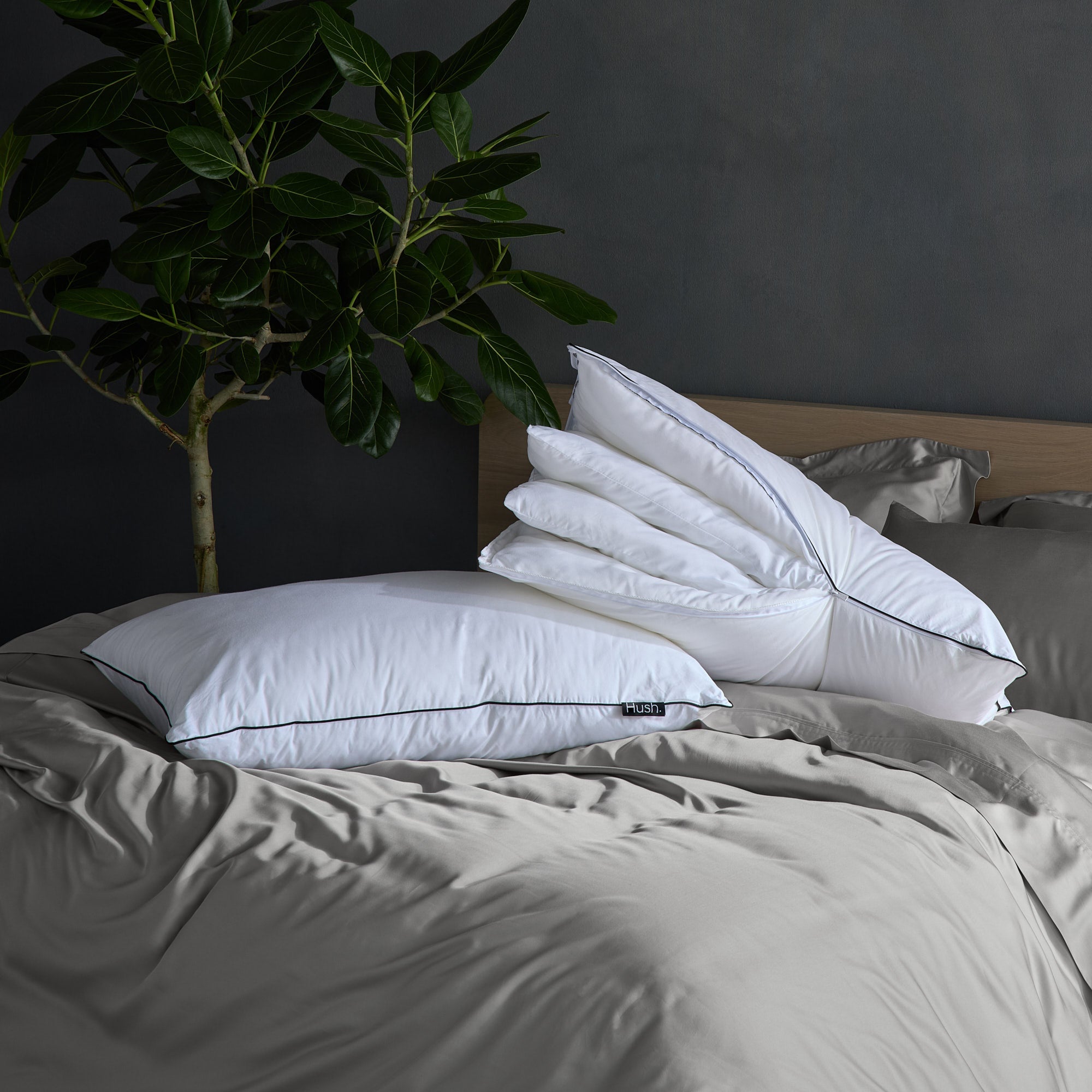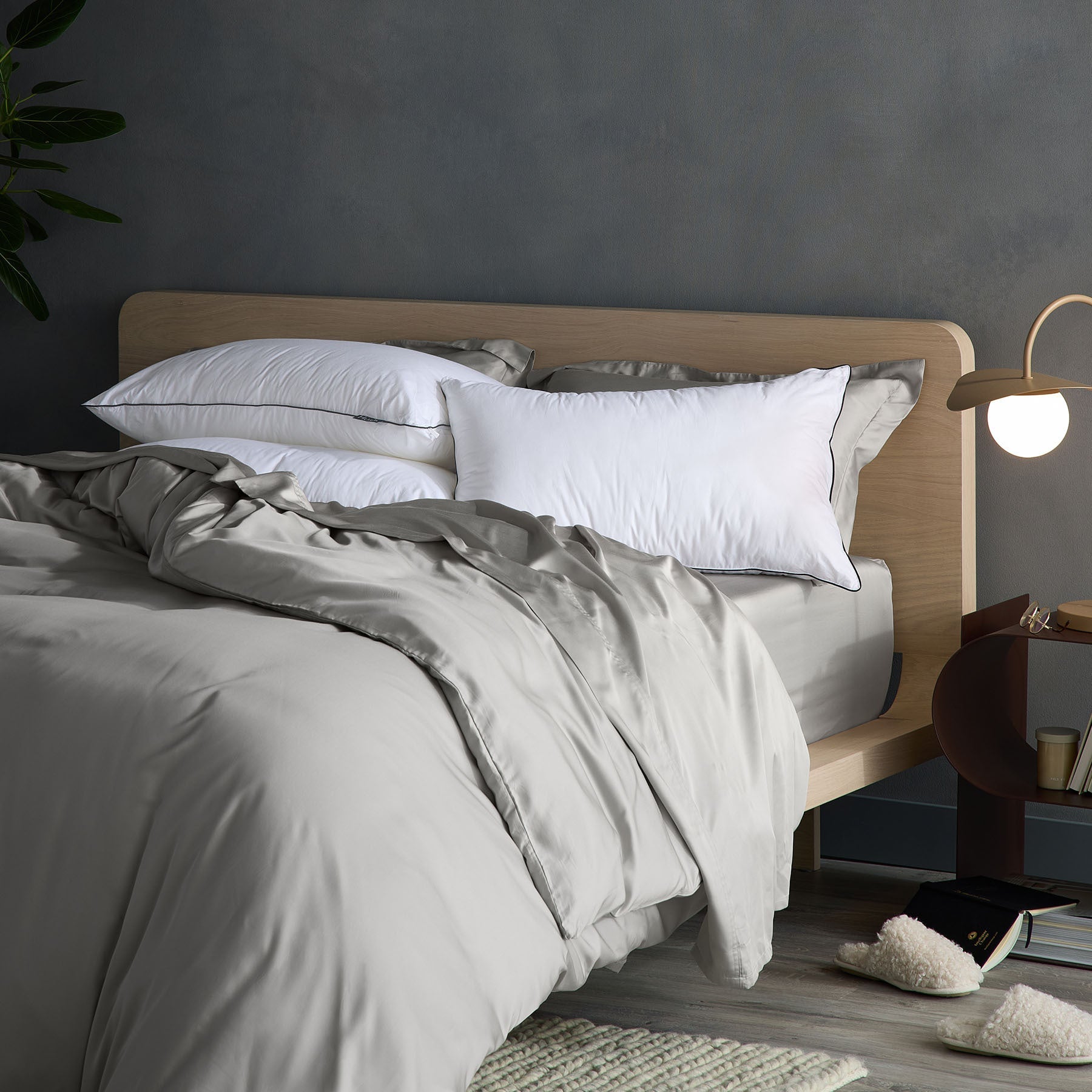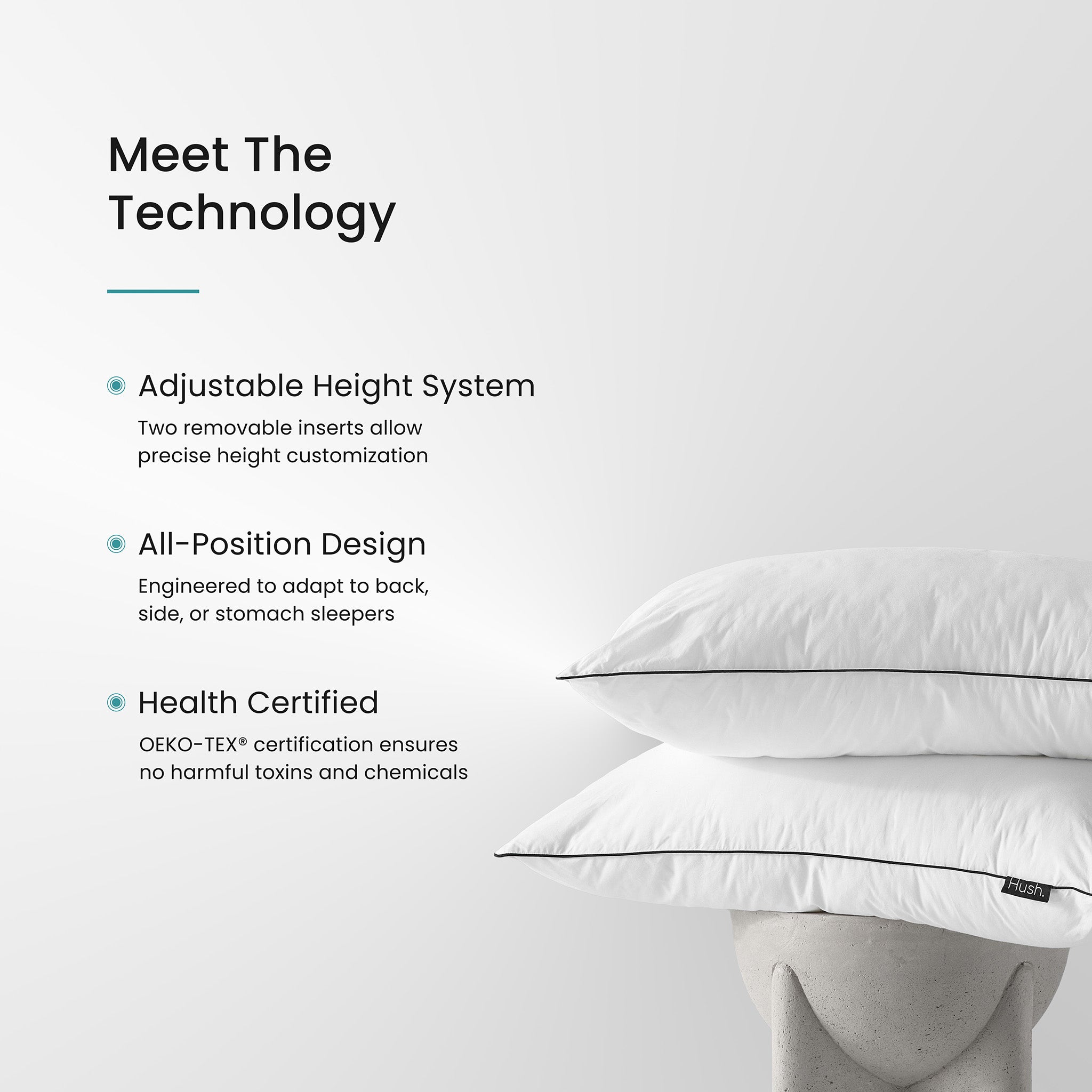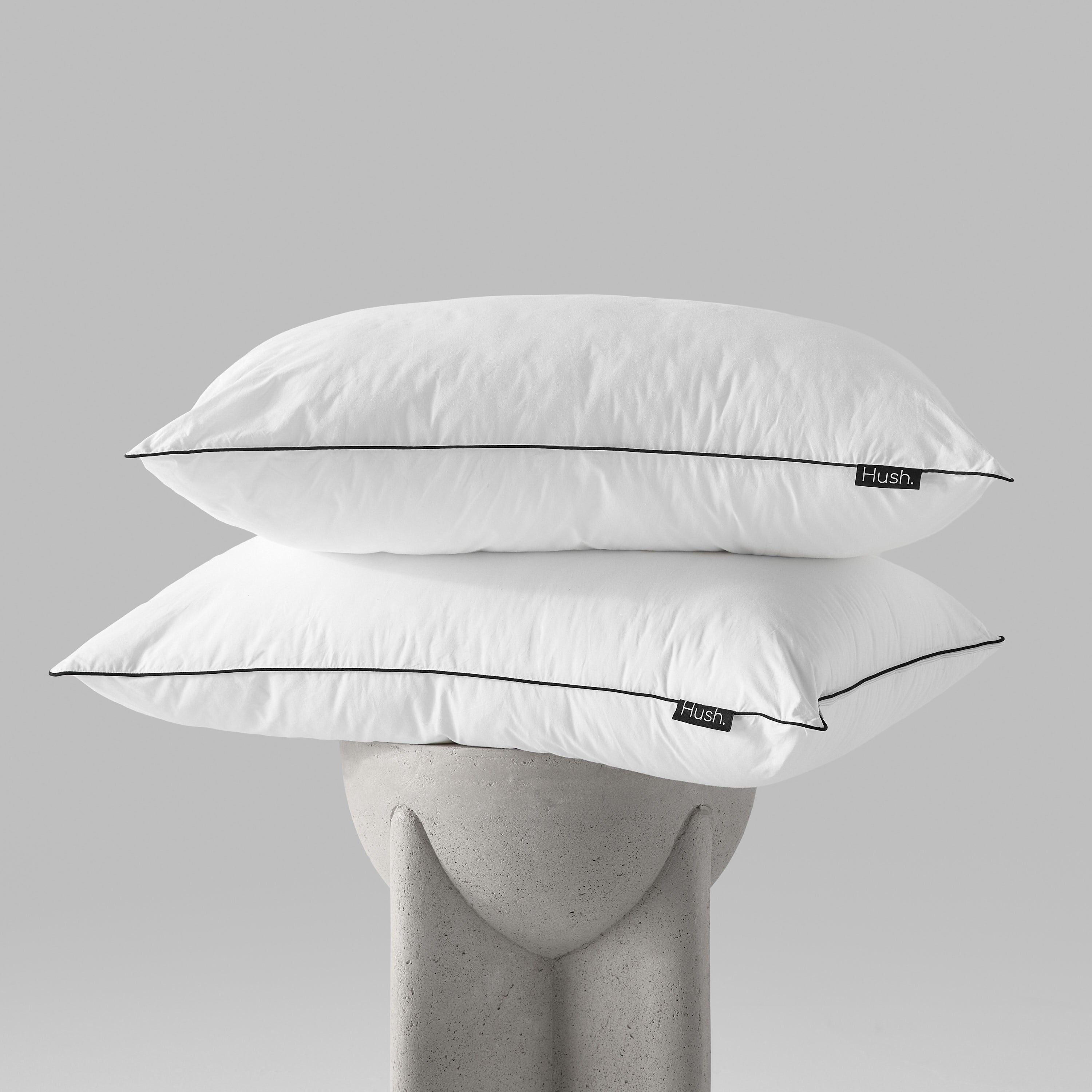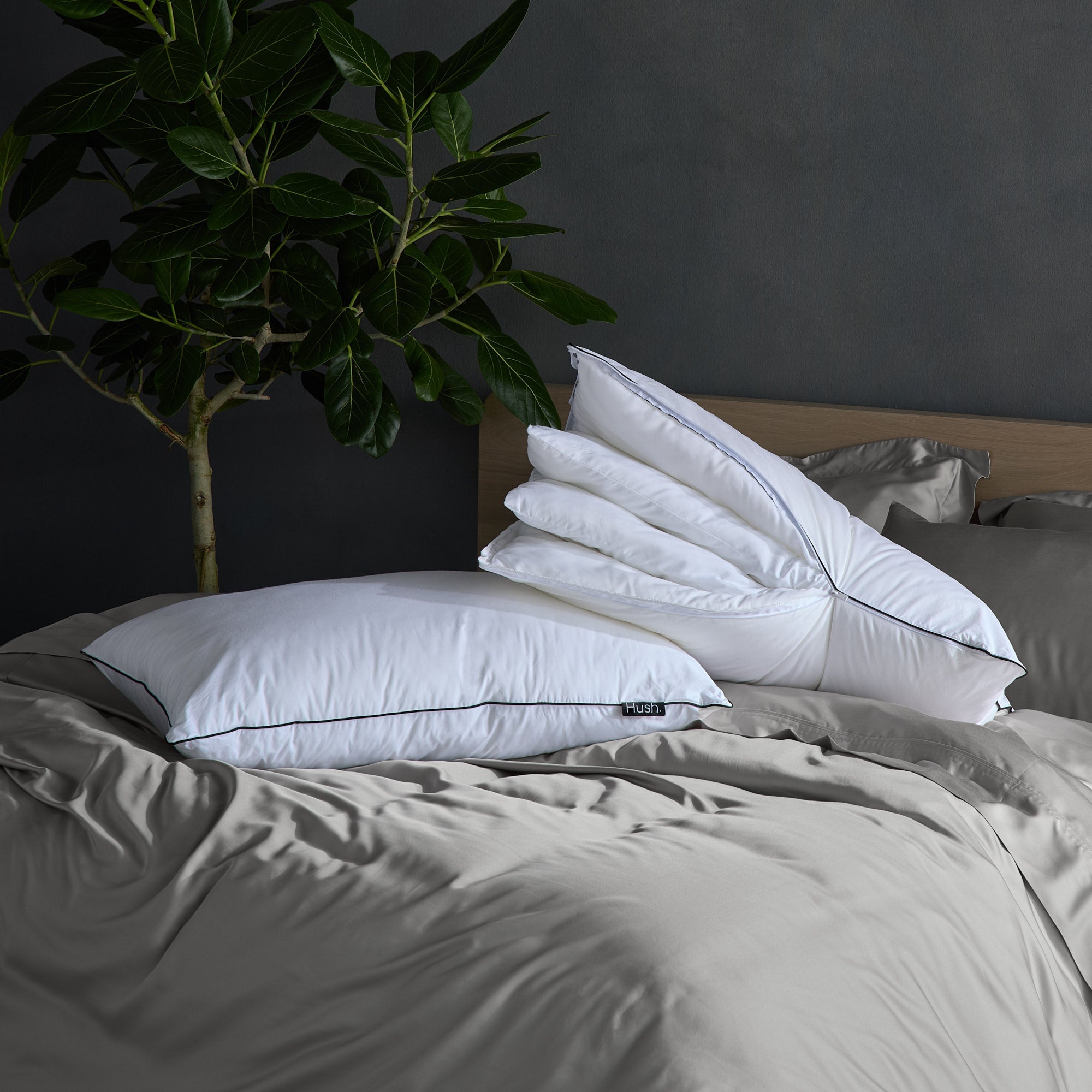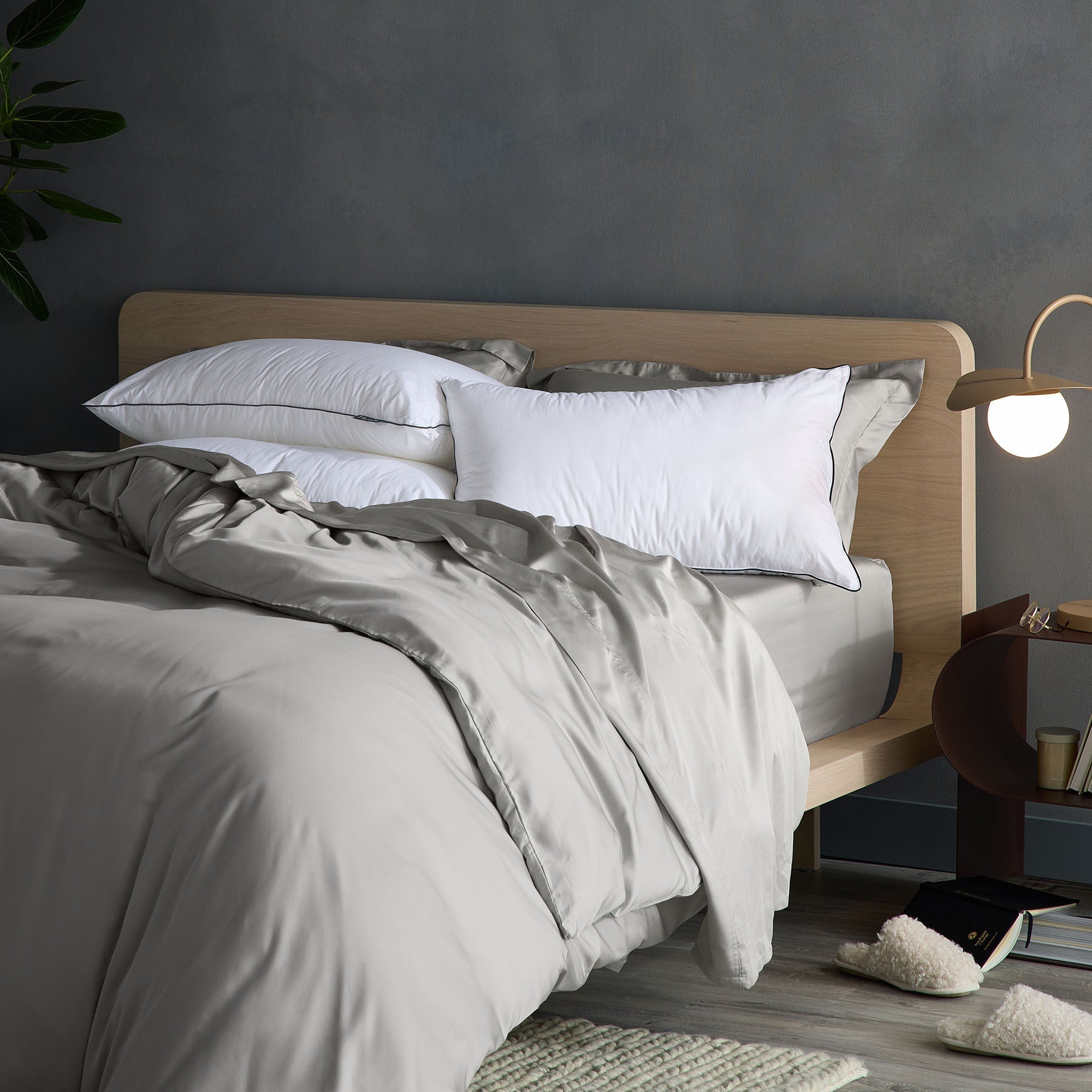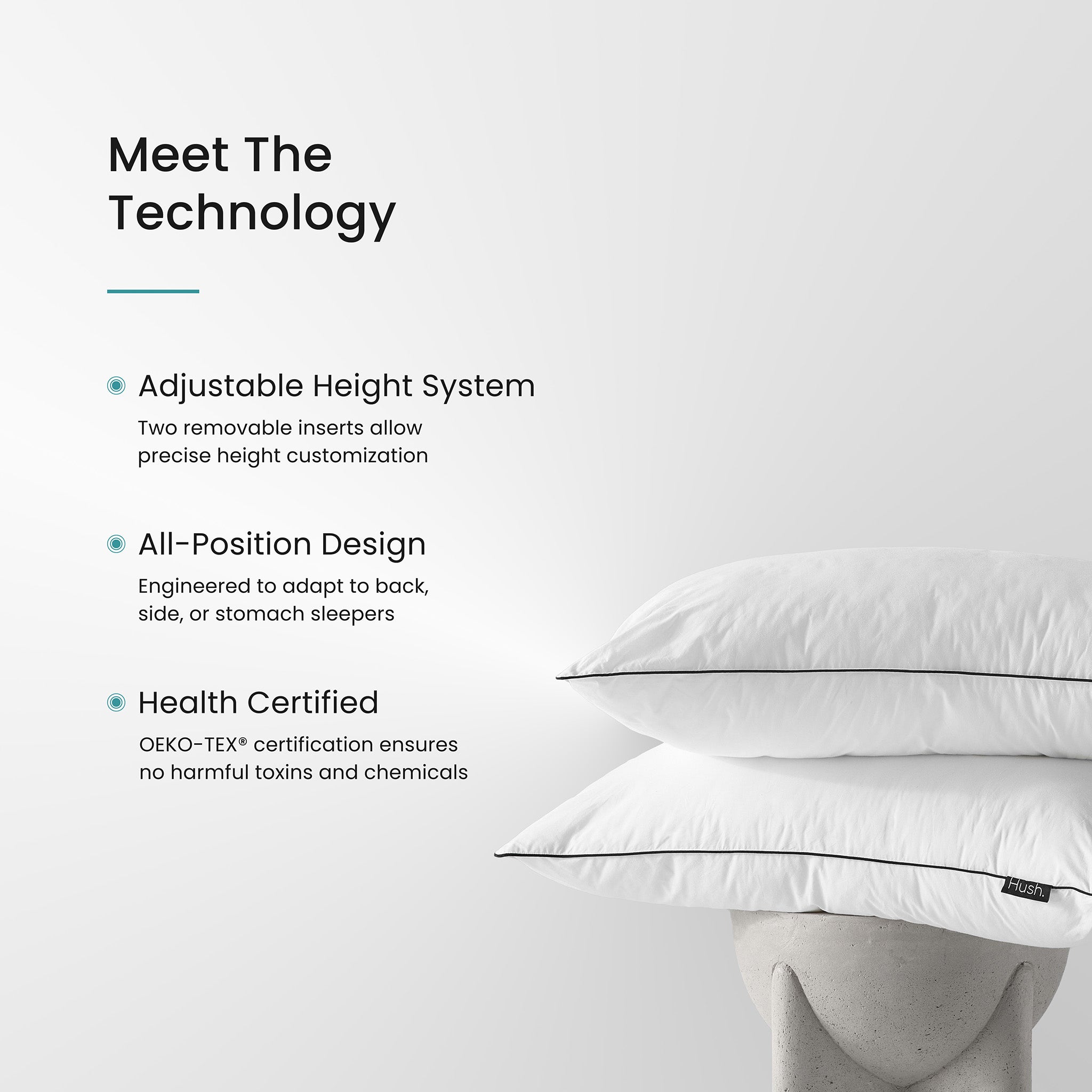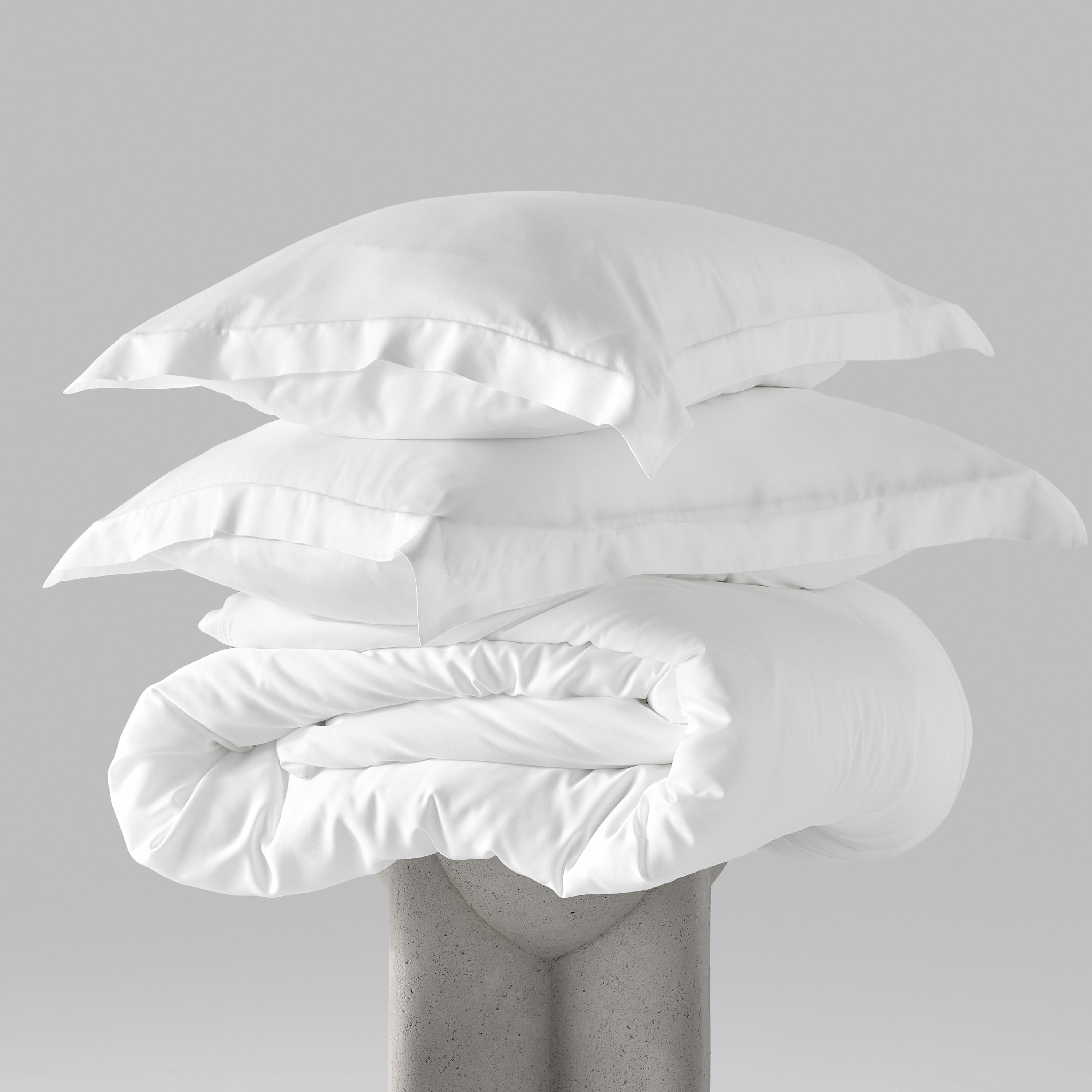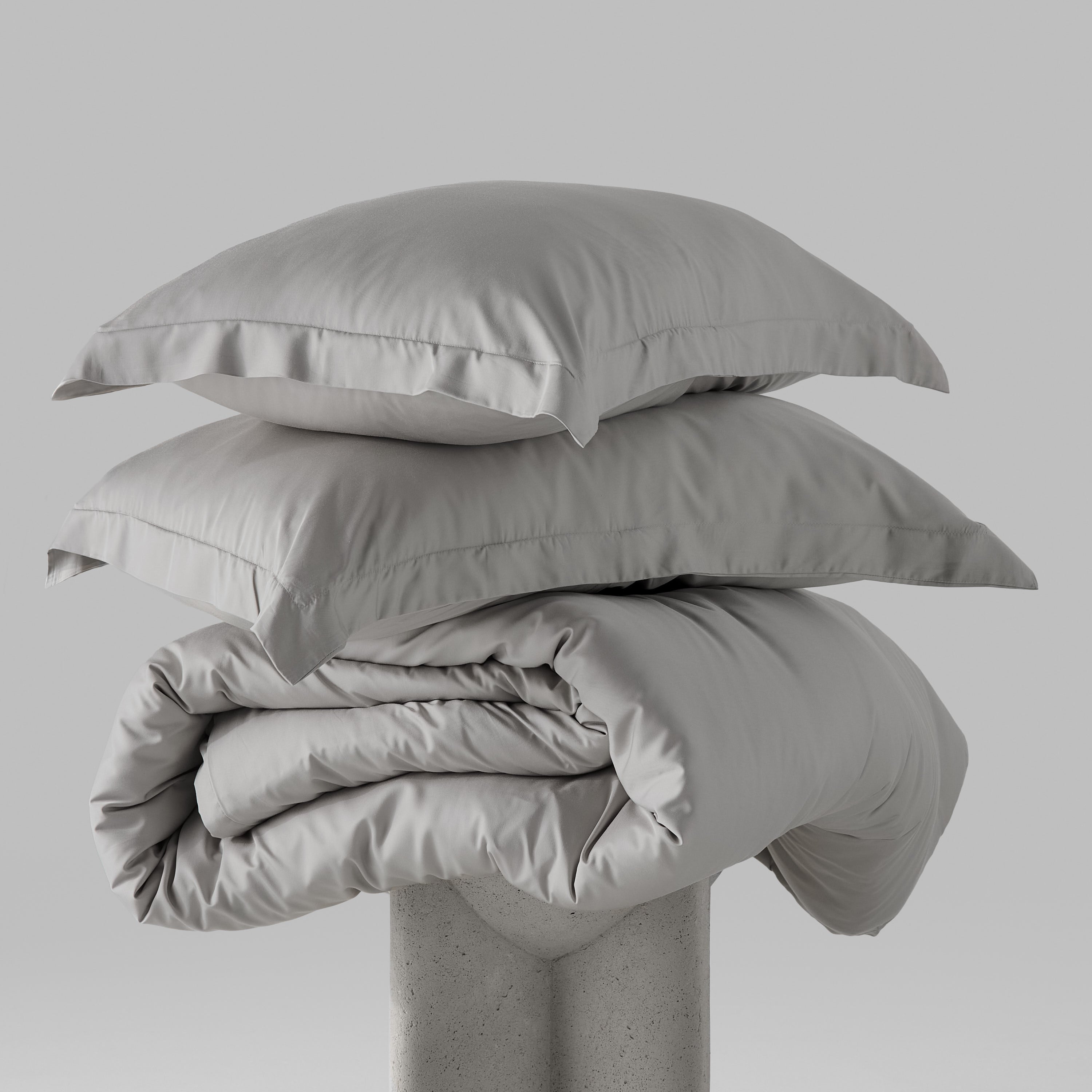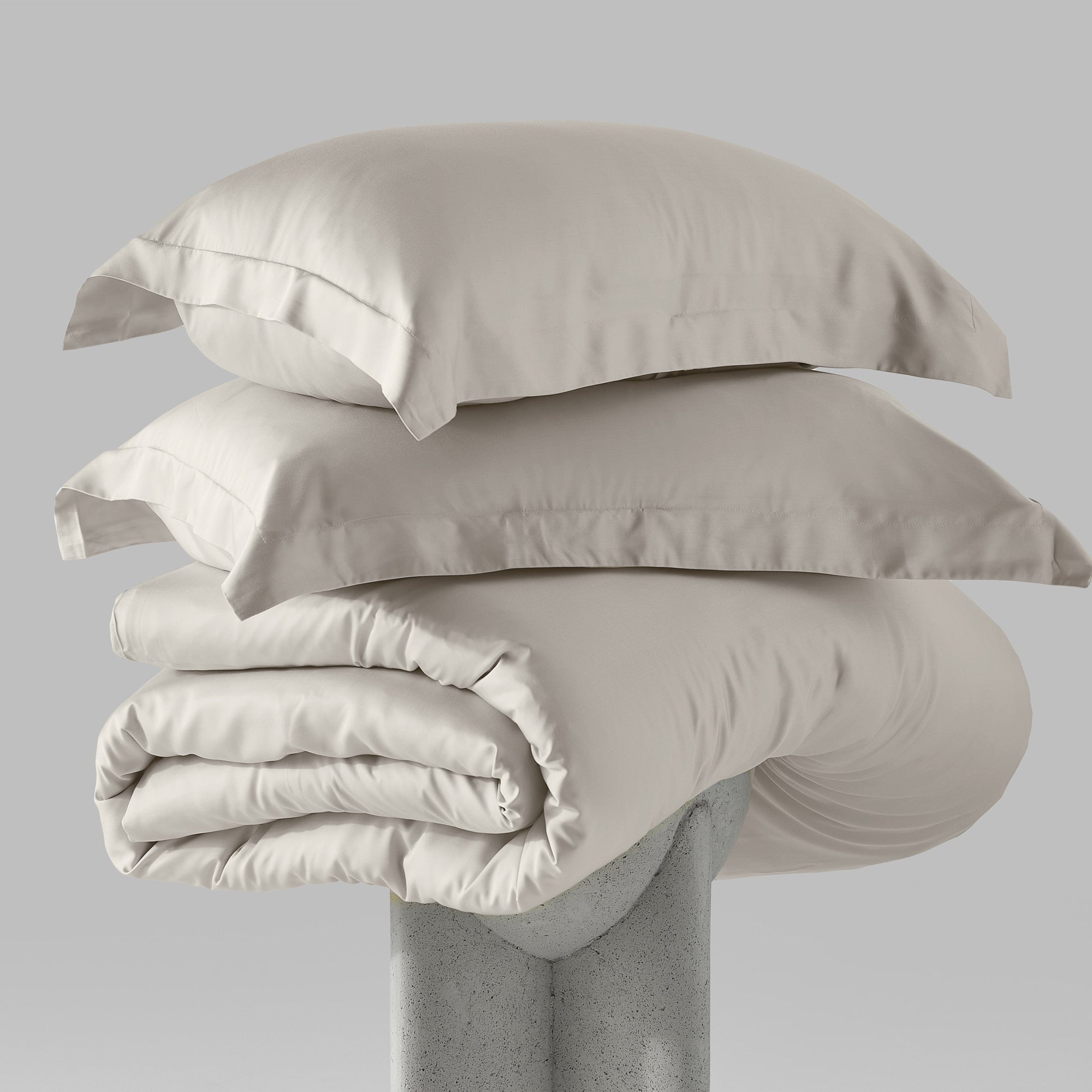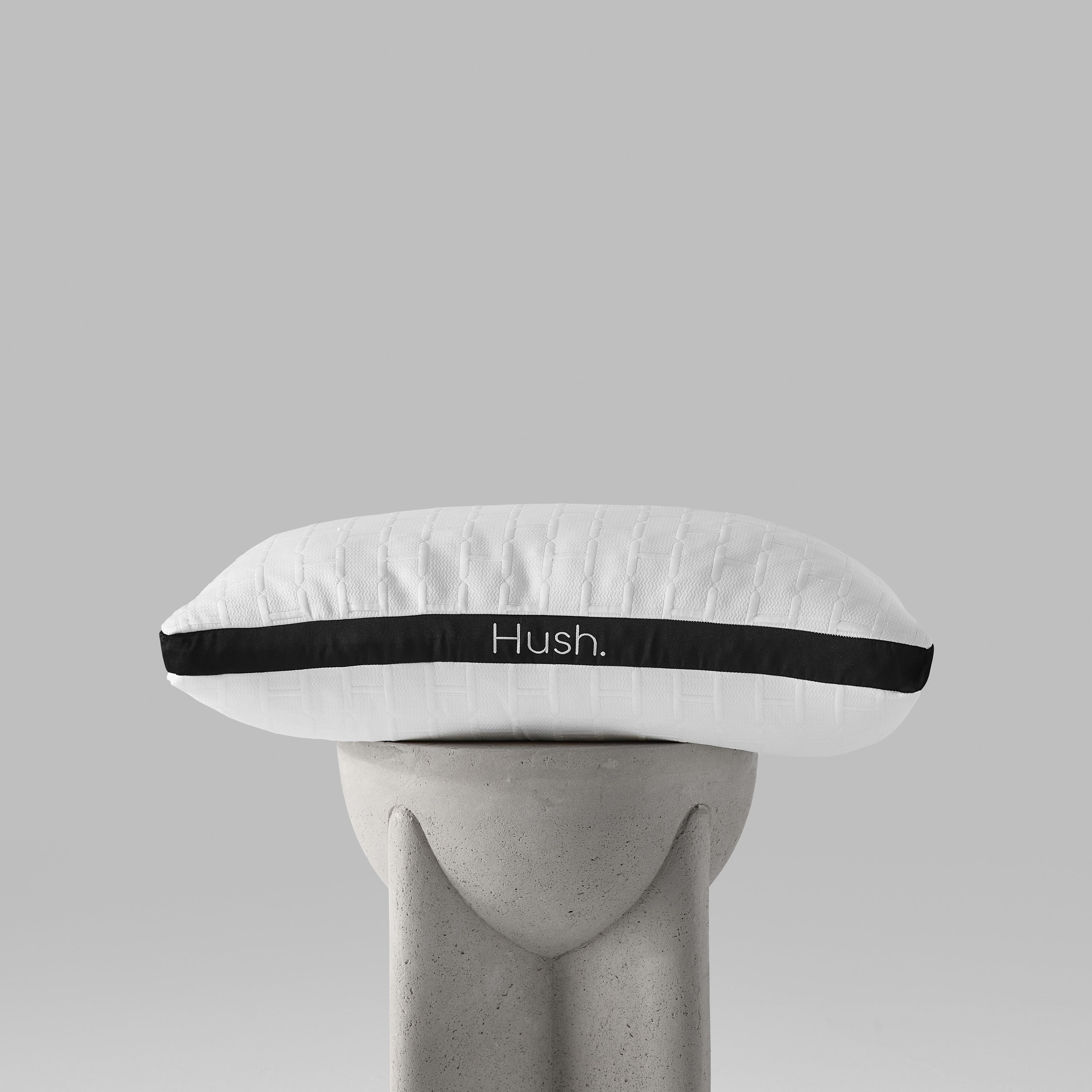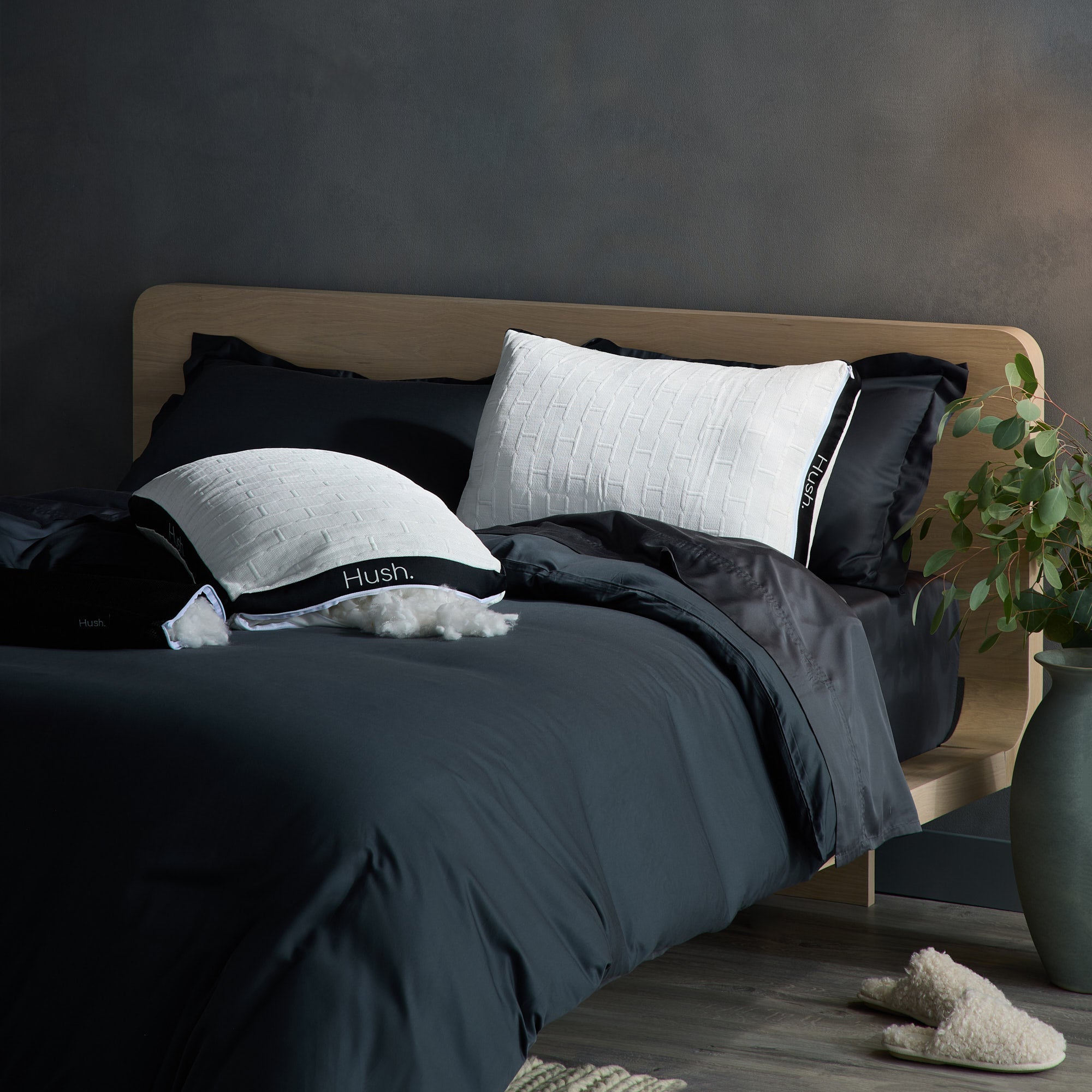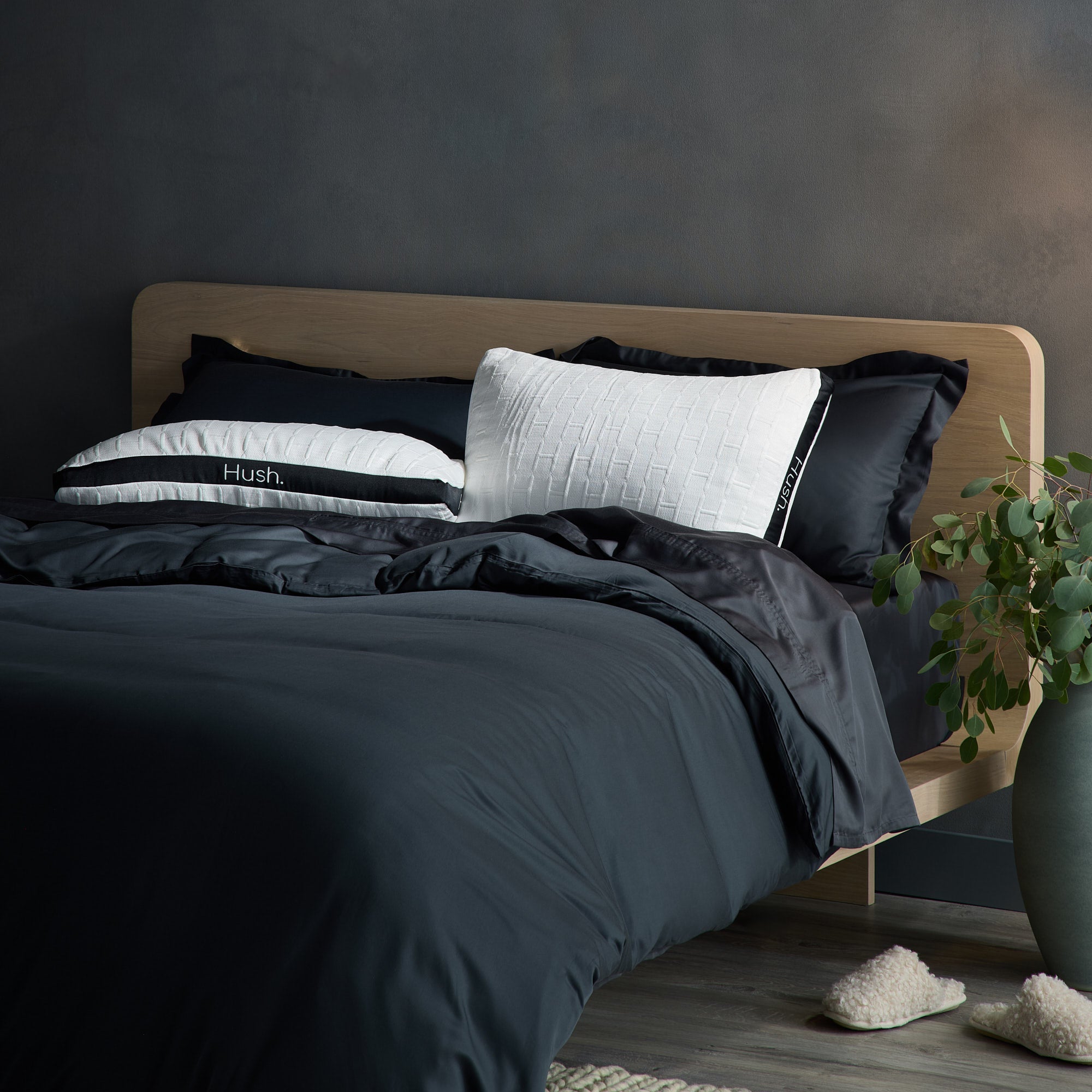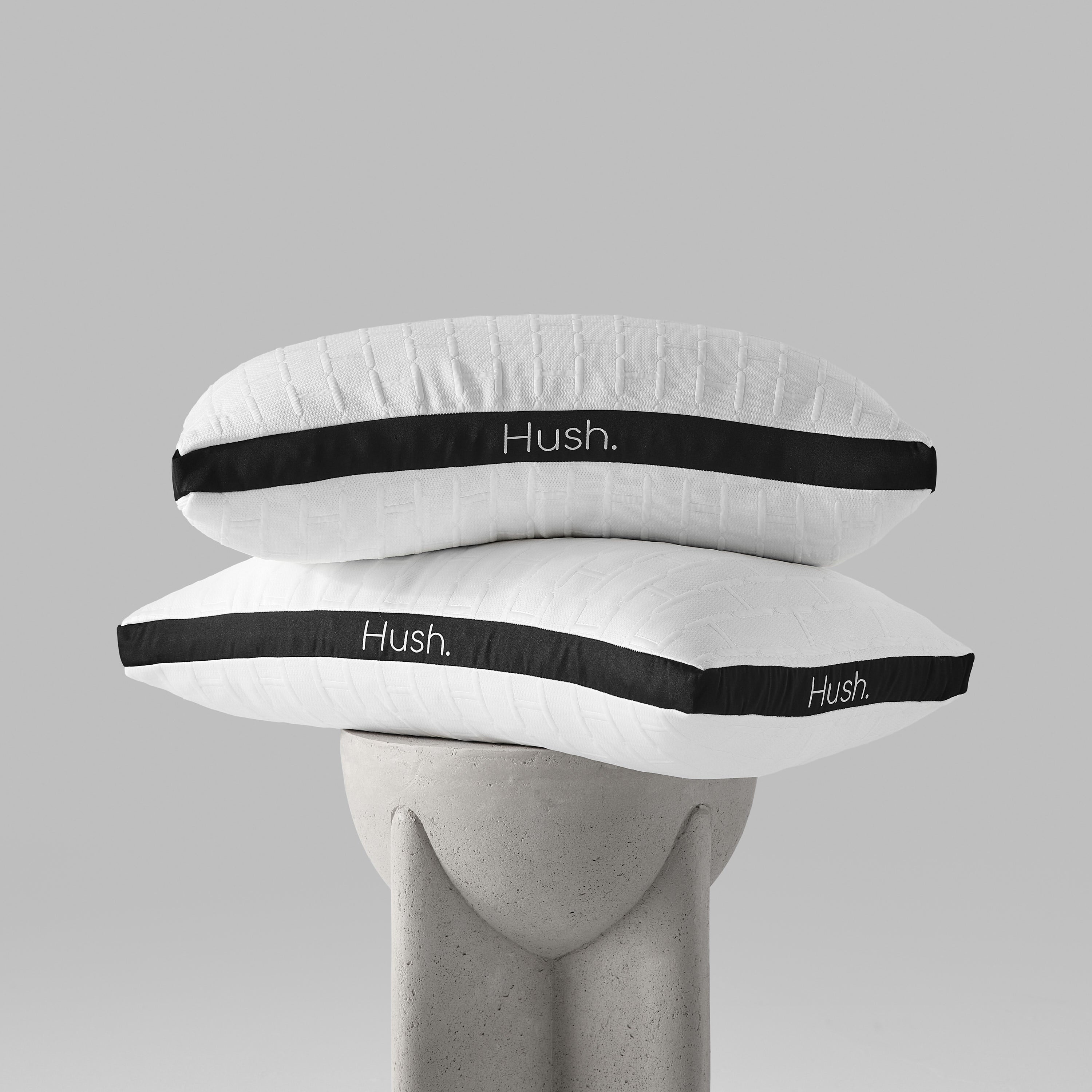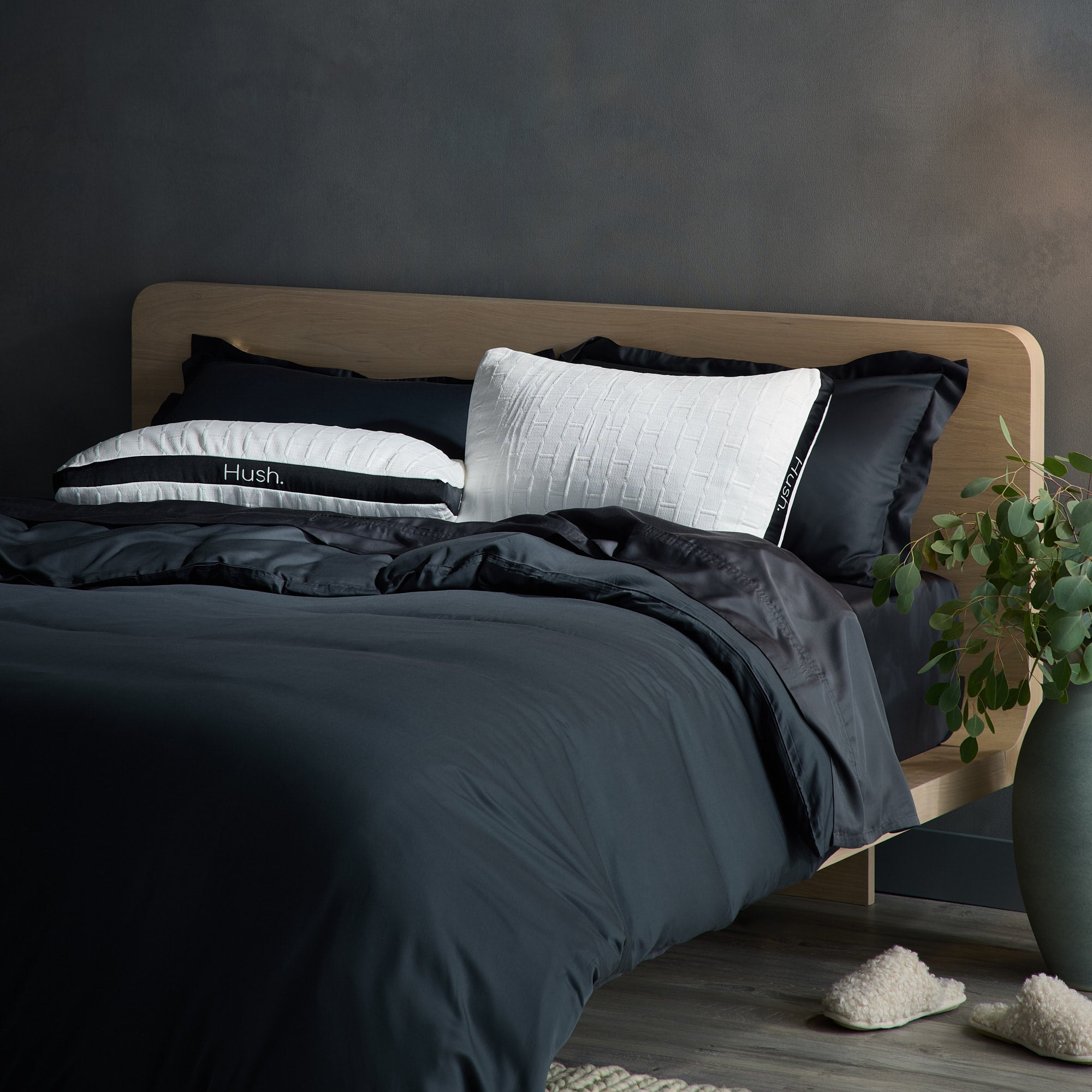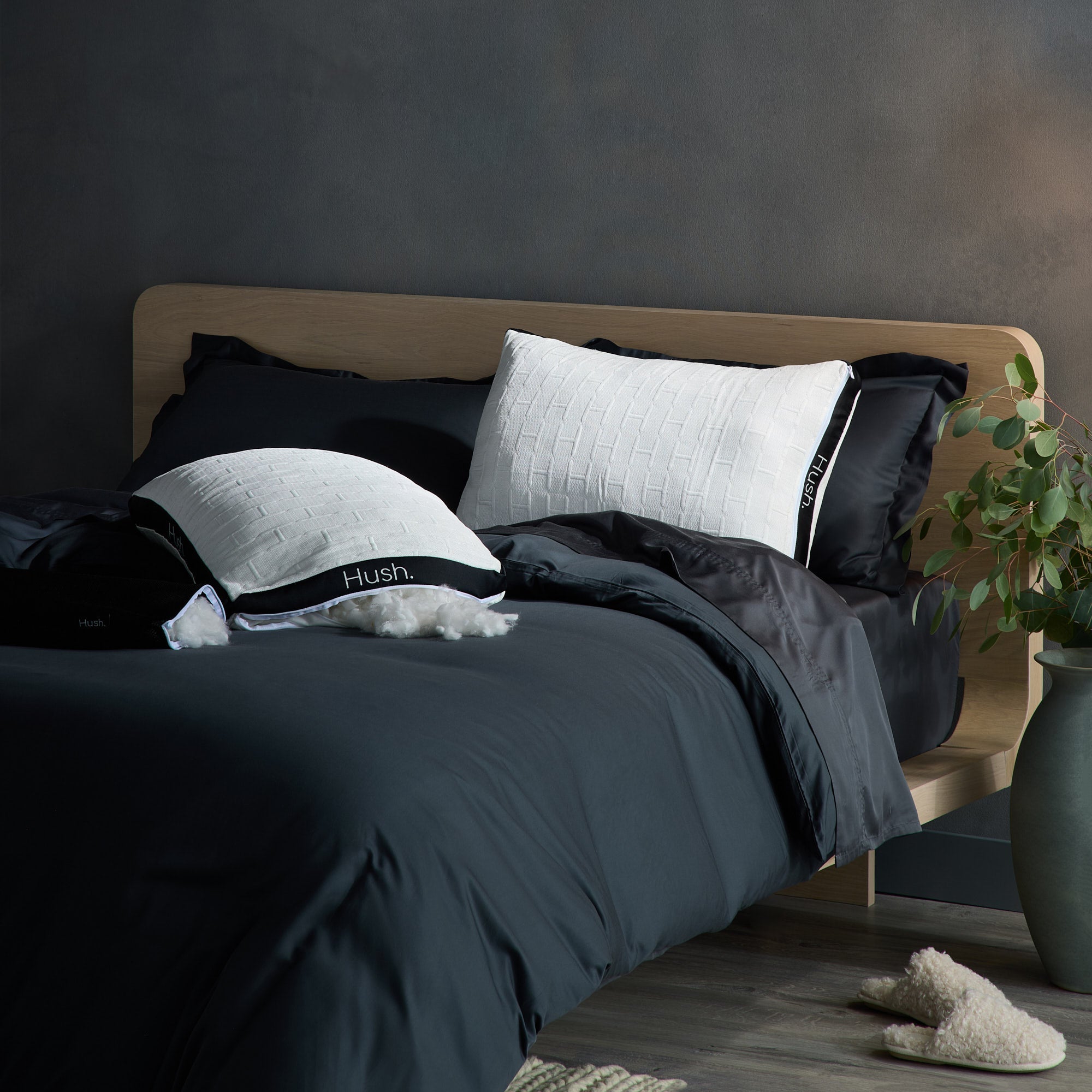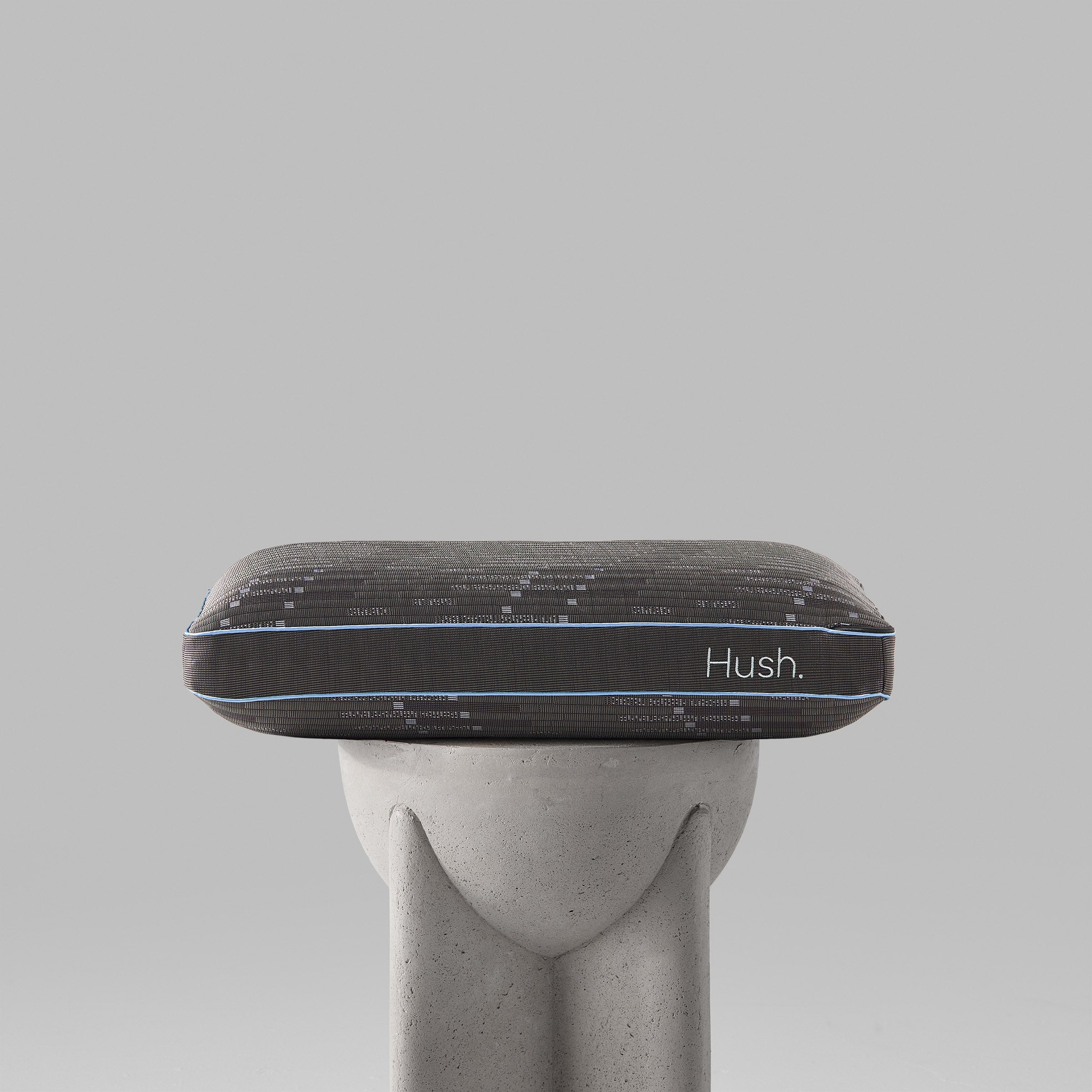
Imagine you’re in a food court when all of a sudden the crowds of people rushing in different directions, noise of conversation, music, clattering cookware, and crying children, or even the strong smells from the restaurants become too much for you to handle. Your sensory system goes into overdrive.
It's more than just noticing the details of your surroundings. It's more than just heightened awareness — your senses are overstimulated. This means you’re taking in more information than your brain can process. You may feel uncomfortable, have trouble focusing or making a decision. In an extreme case, your heart starts racing and your breathing gets shallow. You may also experience sensory overload anxiety.
If you're a sensitive person, this situation may be familiar to you. Even if it's not, it's important you understand what sensory overload anxiety is because it is fairly common in children, with 1 in 6 children suffering from some sort of sensory processing difficulty, according to Medical News Today.
If you're wondering what exactly sensory processing anxiety is and how to help someone who suffers from it, read on. This article will go over the details and give ways to ease the anxiety.
What Is Sensory Overload Anxiety?
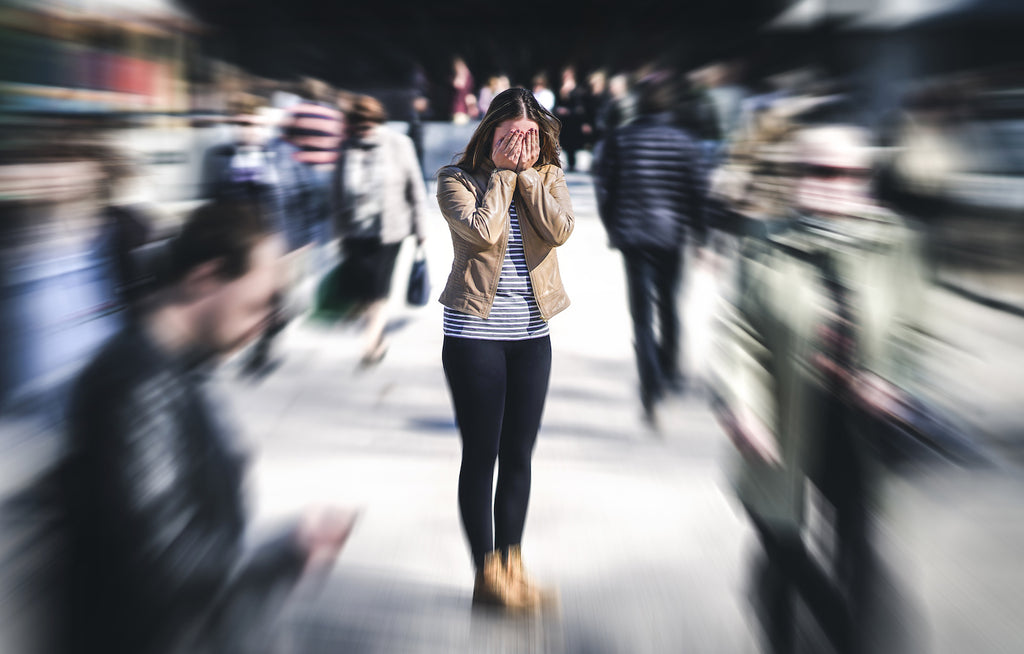
Sensory overload anxiety is a specific kind of anxiety. It happens when you’re in a situation where one or multiple of your five senses becomes overwhelmed.
The situation that causes the sensory overload does not have to be extreme. In fact, the causes are often commonplace. A crowded restaurant, bright lights, strong smells, or even loud noises could trigger sensory overload. With sensory overload anxiety, the sensory input is overwhelming.
When a sense or senses become overwhelmed, you feel extremely uncomfortable. You want to change your circumstances and get to a less stimulating setting.
Unfortunately, the anxiety doesn't just happen when you are in the middle of overstimulation from sensory information. Your hypersensitivity could even increase your anxiety by anticipating overwhelm before it even happens, like knowing you need to go to Grand Central Station and getting worked up ahead of time.
The thing is, according to Medical News Today, most people will experience sensory overload anxiety at some point in their life. It isn’t necessarily a problem until it happens regularly or interferes with your life.
Symptoms of Sensory Overload Anxiety

When someone suffers from sensory overload anxiety, it can look a lot like the fight or flight response. Their overwhelmed senses cause them to really feel like they are being attacked and their body responds accordingly. According to Healthline, here are some of the common symptoms of sensory overload anxiety:
- Difficulty focusing
- Irritability
- A need to hide from the stimuli
- Extreme irritation by textures or touching
Causes of Sensory Overload Anxiety

Sensory overload anxiety can happen to anyone, no matter what their mental health and medical health history are. There are, however, certain medical conditions that predispose people to be more likely to suffer from it.
Those medical conditions include:
- Autism spectrum disorder
- Attention deficit hyperactivity disorder (ADHD)
- Generalized anxiety disorder
- Post traumatic stress disorder
- Fibromyalgia
- Multiple sclerosis
- Sensory processing disorder
- Chronic fatigue syndrome
- Tourette's syndrome
Having these medically related conditions doesn’t necessarily mean that you will also struggle with sensory overload anxiety. It does mean that you already struggle with handling stimuli, which could make it easier for you to become overwhelmed by sensory input and develop sensory overload anxiety.
For example, many people with these conditions also have sensory sensitivity. Sensory stimuli like flashing lights can lead to dysregulation.
Effects of Sensory Overload Anxiety

The nature of sensory overload anxiety is that it often strikes when you’re in public. That means that withdrawing from settings where you find sensory overload triggers (which can include some social situations) is a potential coping mechanism. There are other effects that can happen too. They are:
- Meltdowns or tantrums: While these are more common for children who suffer from pediatric sensory overload anxiety or other sensory processing issues, they can also happen to adults.
- Panic attacks: If left untreated, sensory overload anxiety can escalate into panic attacks.
- Fatigue: Chronic stress leads to higher levels of the stress hormones cortisol and adrenaline. High levels of hormones can cause fatigue.
- Insomnia: Worrying about anxiety triggers can cause your mind to race, making it difficult to settle at night and get high-quality sleep. That means you wake the next day feeling less than your best. Plus you set yourself up for more anxiety.
How to Deal With Sensory Overload Anxiety

Unfortunately, there are not many treatments for sensory overload disorder, but there are some things that people can do to increase their well-being.
- Stay hydrated: Dehydration can exacerbate sensory overload symptoms. If you struggle with staying hydrated, keep a water bottle and drink from it throughout the day.
- Stay rested: Adequate sleep is critical to your overall health and self-care. Good sleep helps regulate your nervous system, reset your hormones, and give your body what it needs.
- Use a weighted blanket: To help you get your good sleep, consider using a weighted blanket. It works by slowing your breathing and heart rate, causing your body to produce serotonin, a feel-good chemical that helps you feel relaxed. You drift off to a night of deep and restful sleep.
- Use a weighted throw: A weighted throw can also help you soothe yourself during the day. You can get the same effects of a full weighted blanket while you’re relaxing on the couch. A weighted throw also is easy to take with you to use on the go.
- Occupational therapy: For children who suffer from sensory overload anxiety, occupational therapy can help, especially if the overwhelming feelings are associated with food and textures. The occupational therapist can help introduce new foods and textures in a systematic and non-threatening way — this is called sensory integration.
- Sensory diet: This treatment is also primarily used with children. According to Autism Awareness Centre Inc., it is an "individualized plan of physical activities and accommodations to help a person meet their sensory needs." In other words, it is a plan that helps keep the sensory input even throughout the day.
- Breathing exercises: Concentrating on your breathing during a sensory overload situation can help you self-soothe in the moment. You can practice a two-count inhale and a four-count exhale to slow your breath. Focusing on taking full, deep breaths will also help by calming your parasympathetic nervous system.
- Grounding exercises: Grounding exercises help you focus on something outside of yourself. For example, you pay close attention to your drink or the surface you’re standing on. By focusing closely on one external thing, you can potentially reduce your focus on the sensory input.
- Positive self talk: Being your own coach can help you prepare for an upcoming triggering event. If you know something that bothers you will happen, you can practice by thinking through what it will feel like, what you will think about while it is happening, and what you will do to cope.
Reduce Anxiety and Increase Wellness

There are several takeaways about sensory overload anxiety. The first is that it can happen to anyone, even people who don't typically have sensory processing difficulties.
Another important idea to remember is that it is more difficult to manage sensory stimulation when your hydration and sleep are not great. Drink an adequate amount of water and get enough quality sleep.
You can increase the quality of your sleep by using a weighted blanket. A great option is the 2-in-1 Hush Blanket Bundle. The bundle gives you one inner weight with a warm and cozy duvet cover and a cool and crisp duvet cover. That means you can quickly and easily change the duvet cover to match your mood. The easy changeability plus the 100-night guarantee means you know you'll love your new weighted blanket.
